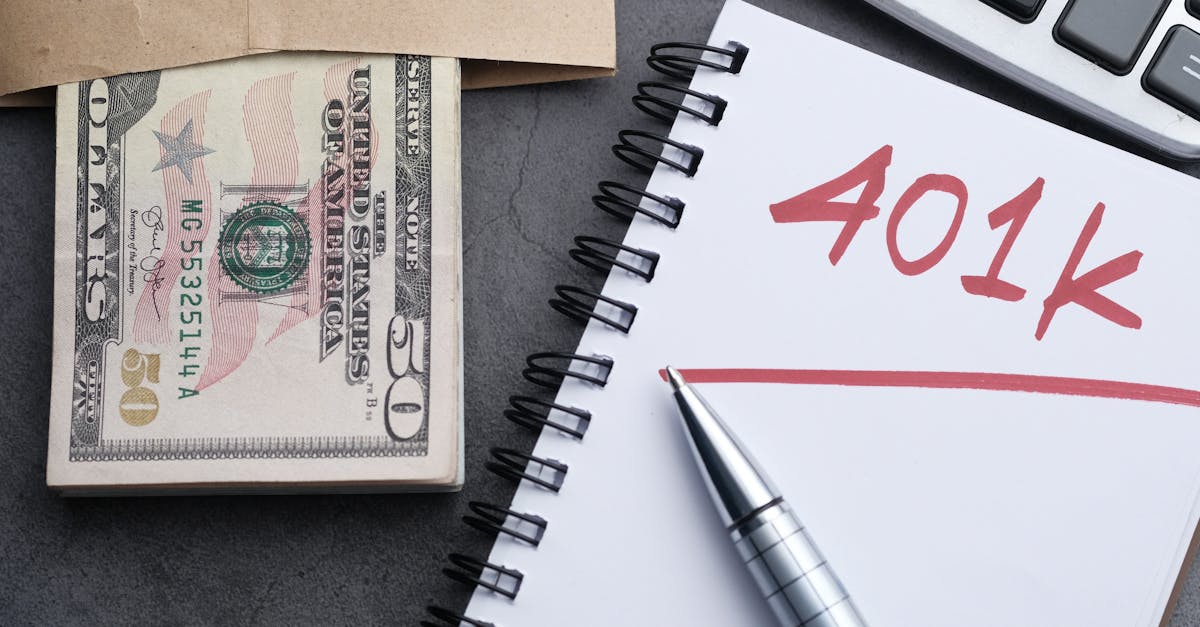Understanding Credit Card Cashbacks
Introduction
Credit card cashbacks are a popular feature that many cardholders love for the potential savings and rewards they offer. A cashback aims to return a percentage of your purchases back to you, transforming your spending into smart financial planning. By understanding how credit card cashbacks work, you can make the most of your card benefits.
Advertisement
What Are Credit Card Cashbacks?
Cashbacks are incentives offered by credit card companies, returning a percentage of money spent on purchases. These are usually calculated as a percentage (e.g., 1% or 5%) and credited back to your account as a statement credit or sometimes as direct deposits. Different cards offer varied cashback rates based on categories of spending like groceries or travel.
Advertisement
Different Types of Cashbacks
Credit card cashbacks come in various forms, including flat-rate and category-specific cashbacks. Flat-rate cashbacks offer a single percentage for every purchase, while category-specific ones provide higher percentages for particular types like dining or fuel. Some cards even offer rotating categories, changing quarterly to keep things intriguing.
Advertisement
How Cashbacks Can Benefit You
Cashbacks provide financial perks directly into your pocket. Over time, these rewards can add up, offering discounts on future purchases or funding a treat. Additionally, cashbacks can serve as an indirect discount, effectively lowering the cost of items you regularly purchase if used wisely. They promote mindful spending, encouraging people to make suitable spending choices.
Advertisement
Choosing the Right Cashback Card
Selecting the right cashback credit card is critical to maximizing your returns. Consider your spending habits. If you mostly spend on groceries, opt for a card that offers high returns in that category. Alternatively, if you're a frequent traveler, a card with travel-focused cashback or points might be more beneficial. Evaluate if annual fees might offset cashback earnings.
Advertisement
Common Cashback Misconceptions
Some misunderstandings surround cashback schemes, such as assuming spent cashbacks equal free money. Remember, they are only beneficial when you pay off your balance monthly. Additionally, ensure that points don't expire before you've redeemed them and watch for redemption thresholds, as some cards demand a minimum cashback amount before use.
Advertisement
Strategies for Maximizing Cashbacks
Maximizing cashbacks involves ensuring you're aware of active offers. Register your card for periodic bonuses and track spending categories to leverage higher cashback rates periodically. Keep an eye on promotional offers, like extra cashback percentages during festivals or special events. Lastly, pay the card off monthly to avoid interest charges that diminish cashback values.
Advertisement
Potential Drawbacks of Cashbacks
While cashbacks offer many benefits, they aren't without drawbacks. Focused on enticing spending, consumers can overspend to achieve cashback rewards. Some cards are tied to high annual fees, which may negate the incentives if mismanaged. Users should remain vigilant about impulse buying merely to accumulate cashback.
Advertisement
Case Study: How One User Benefited
Consider Jane, who switched to a cashback card offering 3% on groceries. Over a year, she spent $400 monthly on groceries, earning about $144 cashback annually without any additional spending changes. By integrating the card into her existing budget, she enjoyed savings, enhancing her financial health.
Advertisement
Conclusion
Credit card cashbacks prove to be an appealing benefit if used wisely. They offer a way to convert everyday spending into tangible savings. When managed effectively alongside your financial goals, cashback rewards can deliver significant benefits and elevate your overall financial strategy.
Advertisement







